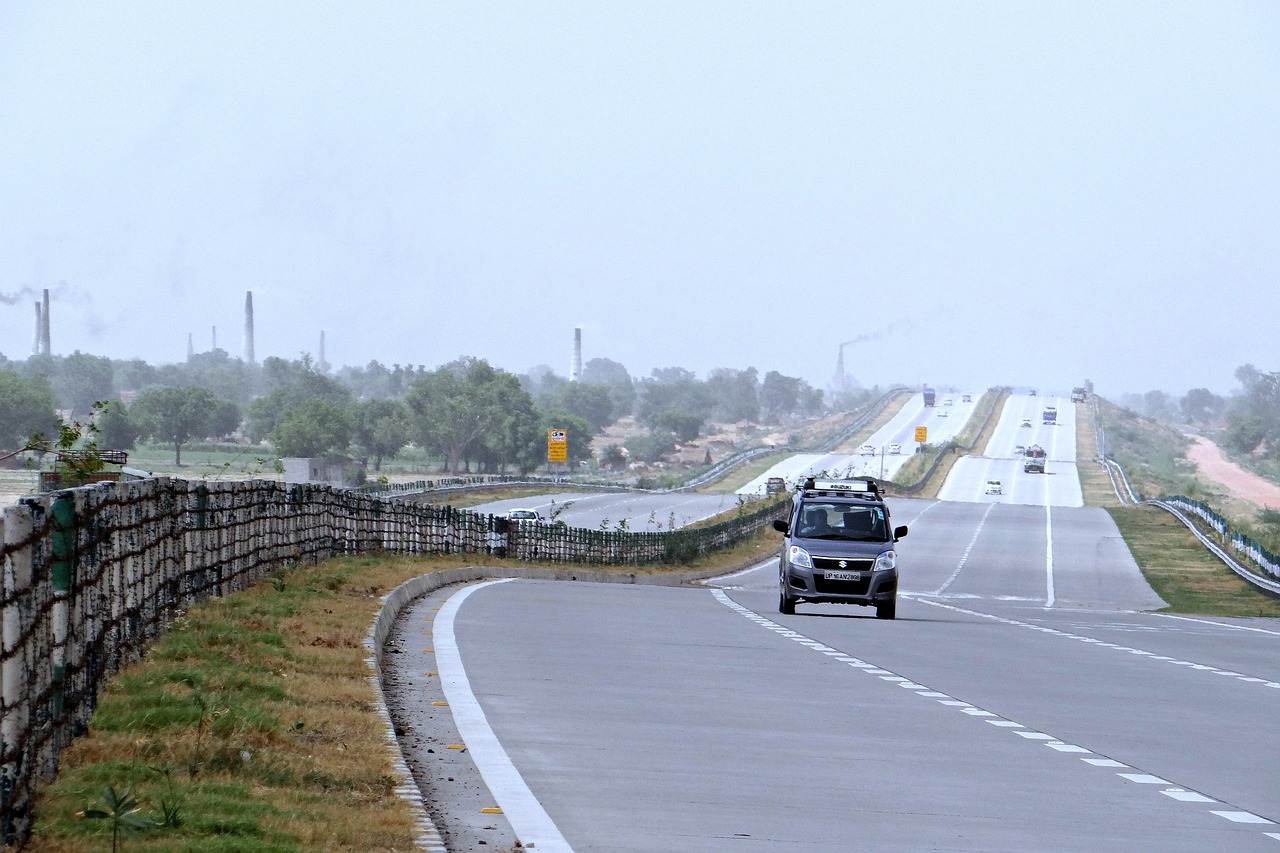Exploring Blockchain in Election Transparency
allpaanel mahadev book, lotus book 365 registration, laserbook 247:Exploring Blockchain in Election Transparency
As we move towards a more digital age, the topic of election transparency has become more critical than ever. With concerns about hacking and tampering with election results on the rise, many are looking towards innovative solutions to ensure fair and secure elections. One such solution that is gaining attention is blockchain technology.
Blockchain, the technology behind cryptocurrencies like Bitcoin, has the potential to revolutionize the way we conduct elections. By its very nature, blockchain is a decentralized and transparent system that can provide a secure and tamper-proof way to record and verify votes. But how exactly does blockchain work in the context of elections? Let’s explore.
The Basics of Blockchain
Before we delve into how blockchain can be applied to election transparency, let’s first understand how blockchain works. At its core, blockchain is a distributed ledger that records transactions across a network of computers. Each transaction is stored in a block, which is then linked to the previous block, forming a chain of blocks – hence the name blockchain.
Every block in the chain contains a unique cryptographic hash, which makes it virtually impossible to alter or tamper with the data stored within the block. This level of security and transparency is what makes blockchain such an attractive solution for ensuring the integrity of election results.
Securing the Voting Process
When it comes to elections, ensuring the security and verifiability of the voting process is crucial. Blockchain technology can provide a secure and transparent way to record and verify votes, ensuring that each vote is accurately counted and cannot be tampered with.
Using blockchain, each vote is recorded as a transaction on the ledger, with a unique cryptographic hash assigned to it. This hash is then verified by the network of computers in the blockchain, ensuring that the vote is valid and has not been altered in any way.
Furthermore, because blockchain is a decentralized system, there is no single point of failure that can be exploited by hackers. This decentralized nature of blockchain makes it highly resilient to cyber attacks, ensuring the security and integrity of the election process.
Enhancing Transparency and Trust
One of the key benefits of using blockchain in elections is the transparency it provides. With traditional voting systems, it can be challenging to verify the accuracy of election results and ensure that votes have been counted correctly. Blockchain technology addresses these concerns by providing a transparent and auditable record of all votes cast.
By allowing voters to track their votes on the blockchain and verify that they have been recorded correctly, blockchain instills a sense of trust and confidence in the election process. This transparency can help to increase voter turnout and participation, as voters have greater faith in the integrity of the system.
Improving Accessibility and Efficiency
In addition to enhancing security and transparency, blockchain technology can also improve the accessibility and efficiency of the voting process. With blockchain, voters can cast their votes securely from anywhere with an internet connection, eliminating the need to physically go to a polling station.
Furthermore, because blockchain is a decentralized system, there is no need for a central authority to oversee the election process. This can streamline the voting process, reduce costs, and eliminate the potential for human error or bias in counting votes.
Challenges and Considerations
While blockchain shows great promise in revolutionizing the way we conduct elections, there are still some challenges and considerations to be addressed. For example, ensuring the privacy of voters while still maintaining the transparency of the system is a complex issue that needs to be carefully navigated.
Additionally, there are technical challenges to overcome, such as scalability and interoperability with existing voting systems. Ensuring that blockchain technology can handle the large volume of transactions that occur during an election is crucial to its success.
FAQs
1. How does blockchain ensure the security of election results?
Blockchain technology uses cryptographic hashes to secure and verify each vote, making it nearly impossible to alter or tamper with the data stored on the ledger.
2. Can voters verify that their votes have been recorded correctly on the blockchain?
Yes, voters can track their votes on the blockchain and verify that they have been recorded accurately, enhancing transparency and trust in the election process.
3. What are some of the challenges of using blockchain in elections?
Some challenges include ensuring the privacy of voters, addressing technical issues like scalability, and ensuring interoperability with existing voting systems.
In conclusion, blockchain technology has the potential to revolutionize election transparency by providing a secure, transparent, and efficient way to record and verify votes. By leveraging the decentralized nature of blockchain, we can ensure the integrity of election results and restore trust in the democratic process. As we continue to explore the possibilities of blockchain in elections, it is essential to address the challenges and considerations to ensure a fair and secure voting system for all.







